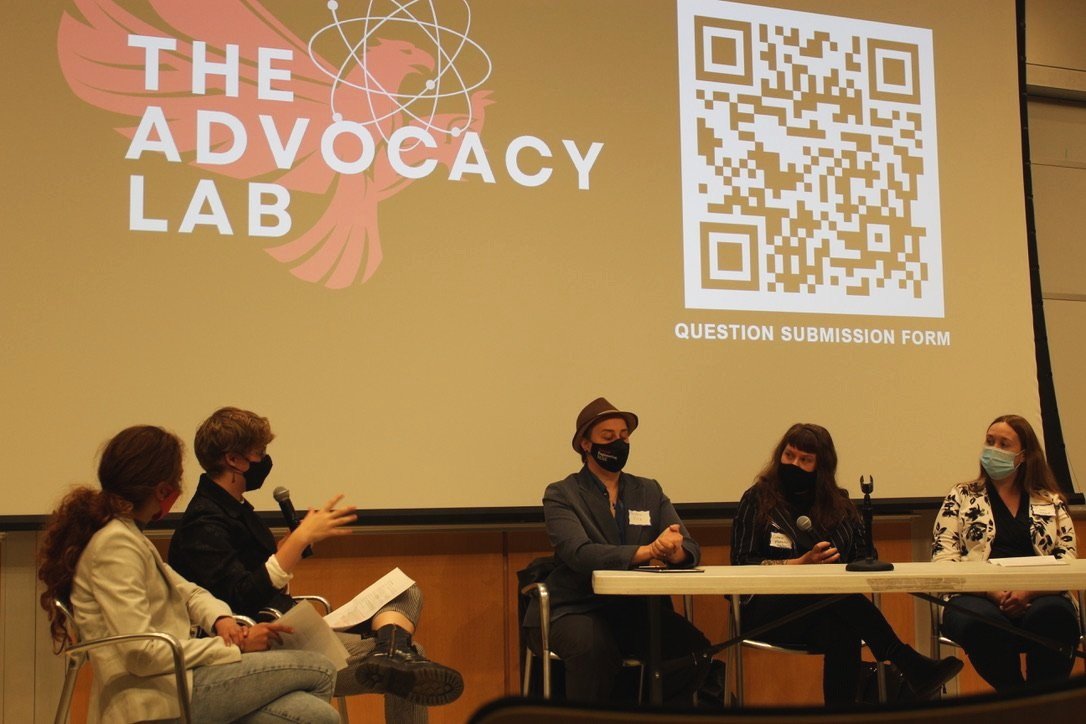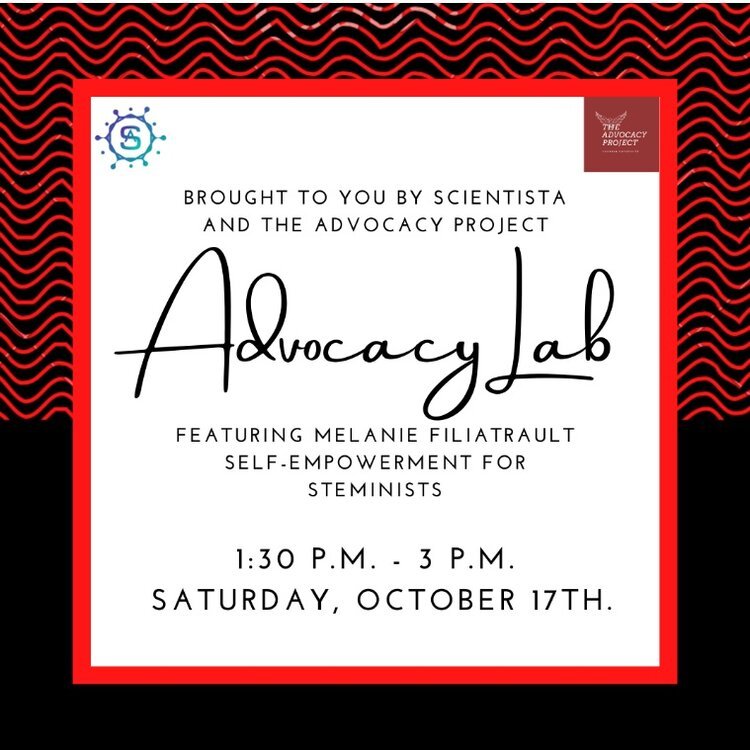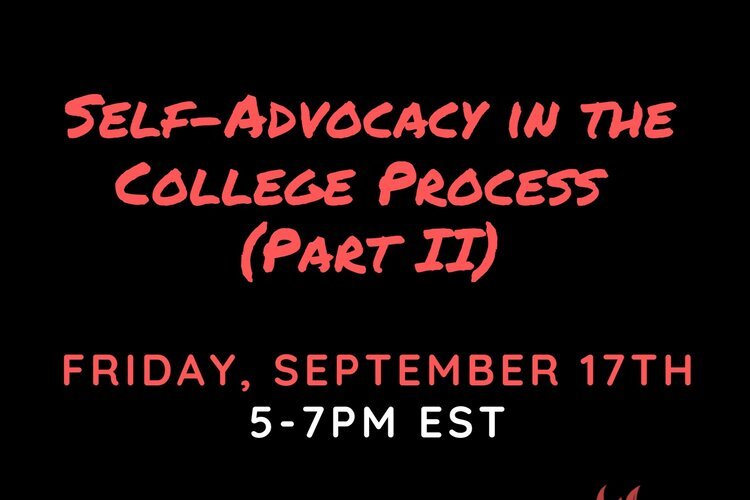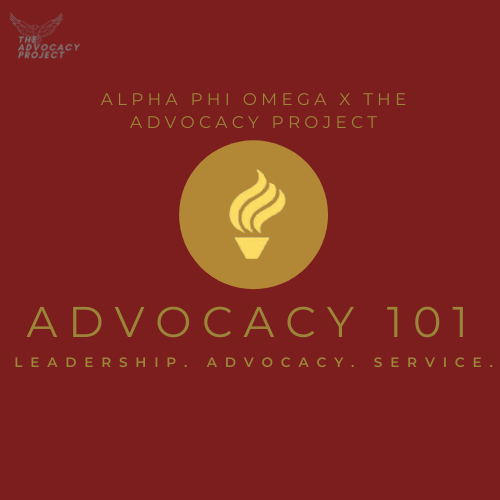
Past Events
Tahanie Talks Back with Tahanie Aboushi
Tahanie Aboushi, civil rights lawyer and candidate for Manhattan district attorney, joined us in discussing how to advocate in the face of authority.
We learned how to turn power against you into power for you. As a dedicated legal advocate — and lifelong self-advocate — in this workshop, she provided tips on how to fight for yourself and others in the face of hostile authority figures.
Climate Action Symposium
The week after Earth Day is a moment to reflect on how we can do better in the fight for climate justice, not just one day out of the year, but year-round. The most effective climate advocacy isn’t just individual actions, like quitting plastic straws, or hoping that politicians eventually make the policy change we demand. In our immediate advocacy, we are most powerful when we advocate with, for, and to our communities.
The Climate Action Symposium, hosted by the Cornell Advocacy Project, featured three guest panelists. Dr. Robert Howarth is a scientist, Cornell professor, and policy advocate on the New York State Climate Action Council. Dr. Caroline Levine is a storyteller, Cornell professor, and divestment advocate on our own campus. Destiny Watford is a community organizer, college student, and Goldman Environmental Prize winner with efforts across the nation. They will discuss the strengths of community-focused advocacy, and suggest ways young people can drive change in their communities through science, storytelling, and action.
Breaking Down Barriers: Advocacy for Underrepresented Students
College students from low-income families and underrepresented minority groups frequently run into barriers when trying to advocate for themselves in academic spaces. Whether institutional or internal, these barriers can prevent talented young people from accessing the same resources as their peers. To provide an education in advocacy to these students, we partnered with the Office of Academic Diversity Initiatives (OADI) and hosted a workshop, focusing both on general self-advocacy and skills specific to academic contexts. Our workshop featured guest speaker Jason Chang.
The Advocacy Lab with the Scientista Foundation
Self-empowerment for STEMinists
Self-advocacy doesn’t have a chemical formula. We can’t map its molecular structure or analyze its gravitational pull. But we can offer advice on wielding the power of your voice. We learned how to fight for ourselves and other women in STEM through prejudice-busting tips, public speaking guidance, and tools to universalize steminism. The Advocacy Lab also featured a Q&A with Cornell Professor and USDA-ARS Research Leader Melanie Filiatrault.
A collaboration between the Scientista Foundation at Cornell–created to empower women in STEM–and the Advocacy Project.
Reframing Refugee Narratives: A Discussion with Advocate Naruro Hassan
Human rights activist Naruro Hassan explained her philosophy on advocacy and provide perspective on how to respectfully advocate for refugees. When asked to describe her advocacy work, Naruro said,
“We are not a passive victim of oppression but an active resistance to injustice.”
Naruro Hassan is a Human Rights and Social Justice Speaker, Scholar, Writer, organizer, and online content creator. Her activism and expertise are on Africa and Black people of African descent. And within that framework she is an advocate for women’s rights, Black liberation, religious rights, African freedom, Refugee rights, climate justice, as well as the broader international struggle for justice and peace. She unapologetically identifies herself as Muslim, African, Black, Refugee Woman.
Advocacy Lab is an annual conference hosted by the Advocacy Project in collaboration with other Cornell-affiliated organizations, including Cornell Graduate Women in Science, Cornell, Scientista Foundation, QStem, Steminst Movement , Society of Women Engineers, Women in Computing at Cornell, Women in Physics and Related Fields.
The Advocacy Lab Conference
The aim of this conference is to build a sense of community and solidarity among womxn and gender minorities in STEM fields. Due to the current gender makeup of these fields, it is imperative that womxn and gender minorities learn tools for which they can advocate for themselves in male-dominated spaces and have access to a community of allies that they can rely upon. To do this, the Advocacy Project is hosting a speaker series that features womxn and gender minorities that will speak on their personal experiences in STEM fields and how they navigated the challenges that this landscape posed. Following the speaker panel, the conference will host a networking session in which all attendees can meet each other, learn more about female and gender minority-led research on campus, exchange intersectional interests, and learn more about advocacy skills, opportunities, and resources from members of the Advocacy Project.
Our speakers include Professor Corrie Moreau (Martha N. & John C. Moser Professor of Arthropod Biosystematics and Biodiversity and the Director and Curator of the Cornell University Insect Collection) and Professor Hadas Ritz (Senior Lecturer in the Sibley School of Mechanical and Aerospace Engineering and a Faculty Teaching F
BRAIN Conference with the Cornell Speech Team
Together with the #1 Speech Team in New York state, we co-hosted the BRAIN Conference, a series of nine free, 30-minute advocacy workshops. Learn how to overcome imposter syndrome, find your professional narrative, harness your conversationalist skills, and more — all while networking with TOP advocacy experts. Workshops included:
Effective Public Speaking, where we shared tips on boosting your public-speaking prowess and confidence when taking the floor.
Tell Your Story: Becoming a Better Conversationalist, where we shared tips on how to tell a great story.
Democracy, Deliberated: The Rikers Debate
with the Cornell Speech & Debate Society and Rikers Debate Project
Our vote is an extension of our voice. Our ballot? One of the most important advocacy tools we have.
A few weeks before the 2020 election, we partnered with the Cornell Speech and Debate Society and the Rikers Debate Project to introduce a virtual debate on this motion: “This house would extend full voting rights to all incarcerated and formerly incarcerated people.”
Self-Advocacy in the College Process Workshops
The Advocacy Project collaborated with the Hazleton Integration Project and facilitated two free workshop for college-bound juniors and seniors in Hazleton, Pennsylvania — and their parents!
Attendees learned about:
How to advocate for oneself as a minority (or non-native English speaker) in academic contexts.
General rhetorical skills to use when advocating to authority figures.
How to navigate the college application process.
How to access the wide variety of resources available to low-income and first-generation students, including:
Scholarships and grants
Standardized test prep resources
Resources available at the collegiate level
Developing Your Digital Story with ILR Buffalo Co-Lab
We collaborated with the Buffalo Commons and ILR Buffalo Co-Lab and hosted a workshop exploring effective social media advocacy for nonprofits in Buffalo, NY. The curriculum covers developing digital narratives and tricks for sustainable online advocacy across multiple platforms, with optional one-on-one consultations with AdPro’s social media team.
Check out the recording of the event!
Advocacy 101: For Cornell’s Service Learning Fraternity
A diverse student body has a diverse set of advocacy needs. This being the case, it is important that student leaders on Cornell’s campus be equipped with the right tools to service those needs. In the spirit of establishing a community of advocates and leaders, the Cornell Advocacy Project has partnered with the Alpha Phi Omega Service Fraternity each semester to provide Advocacy 101 workshops.
Our workshops have covered:
Strategies for translating energy into action, more specifically, channeling passion for service into productive community level change.
Tips on using your dedication as a cause to inspire other people, transforming them into advocates in their own communities.
Mental health resources to provide support to attendees as they advocate.
Advice on identifying the most productive time or opportunity to share your voice.
Connections to pre-existing Cornell resources to assist in building coalitions and establishing a sustainable advocacy strategy.










